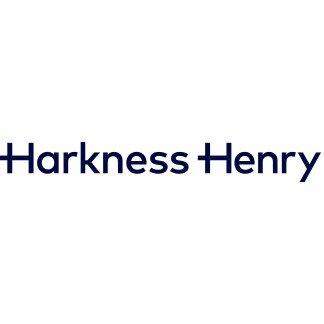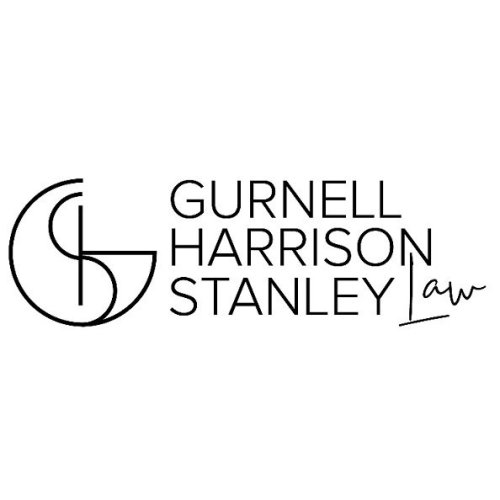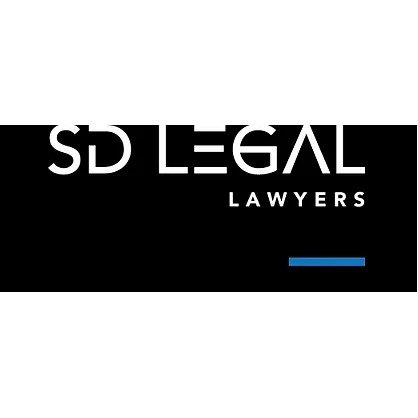Best Labor Law Lawyers in Hamilton
Share your needs with us, get contacted by law firms.
Free. Takes 2 min.
List of the best lawyers in Hamilton, New Zealand
About Labor Law in Hamilton, New Zealand
Labor Law in Hamilton, New Zealand, addresses the legal rights and obligations that workers, employers, and unions have in the workplace. The area is dynamic with its laws evolving to meet changes in employment relationships, work environments, and technologies. Key issues may include wage disputes, unjust dismissals, employment discrimination, workplace health and safety, holidays and leave entitlements, and employment agreements.
Why You May Need a Lawyer
It could be helpful to consult with a lawyer experienced in Labor Law for situations such as understanding employment contracts before signing, negotiating employment conditions or salary, resolving workplace disputes, addressing unfair treatment or harassment at work, or being involved in a restructuring or redundancy situation. Legal counsel can also be valuable if you need to navigate the complex process of raising a personal grievance or if you are facing a disciplinary process.
Local Laws Overview
Key local laws affecting Labor Law in Hamilton, New Zealand include the Employment Relations Act 2000, the Health and Safety at Work Act 2015, and the Holidays Act 2003. These laws provide fundamental rights to employees, establish obligations for employers, and regulate relations between unions, employers, and employees. They cover the processes for resolving employment disputes, requirements for safe workplaces, entitlements to holidays and leave, and the rights pertaining to different types of work arrangements.
Frequently Asked Questions
What are the minimum wage laws?
New Zealand's Minimum Wage Act stipulates the minimum pay rate that applies to all employees, regardless of their age or type of employment.
What has to be included in an employment agreement?
An employment agreement in New Zealand must identify the parties involved, explain the work to be performed, state the place or places of employment, list the agreed working hours, provide the agreed wage or salary amount, and contain an explanation of services available for resolving employment relationship problems.
Can I take personal grievance against my employer?
Yes. Under the Employment Relations Act, you have the right to pursue a personal grievance if you believe you have been unjustifiably dismissed or treated unfairly.
How are health and safety regulated in the workplace?
The Health and Safety at Work Act outlines the duties of employers and others to ensure the health and safety of workers and workplaces.
What are the rules around holidays and leave?
The Holidays Act ensures employees entitlements to public holidays, annual holidays, sick leave, and bereavement leave. The specifics may vary, and legal advice should be sought to understand individual circumstances.
Additional Resources
The Ministry of Business, Innovation and Employment (MBIE), WorkSafe New Zealand, and Employment New Zealand provide resources relating to labor law, including guides, templates, and advice. Additionally, the Citizens Advice Bureau provides free, independent, confidential advice, which can be useful initially before engaging a lawyer.
Next Steps
When you consider that you need legal assistance, you may contact a labor law lawyer directly or you may want to speak to a lawyer referral service, both of which can guide you in the right direction. It's advisable to gather any relevant employment documents before your first meeting, including contracts, pay slips, or communication records to help your lawyer better understand your case.
Lawzana helps you find the best lawyers and law firms in Hamilton through a curated and pre-screened list of qualified legal professionals. Our platform offers rankings and detailed profiles of attorneys and law firms, allowing you to compare based on practice areas, including Labor Law, experience, and client feedback.
Each profile includes a description of the firm's areas of practice, client reviews, team members and partners, year of establishment, spoken languages, office locations, contact information, social media presence, and any published articles or resources. Most firms on our platform speak English and are experienced in both local and international legal matters.
Get a quote from top-rated law firms in Hamilton, New Zealand — quickly, securely, and without unnecessary hassle.
Disclaimer:
The information provided on this page is for general informational purposes only and does not constitute legal advice. While we strive to ensure the accuracy and relevance of the content, legal information may change over time, and interpretations of the law can vary. You should always consult with a qualified legal professional for advice specific to your situation.
We disclaim all liability for actions taken or not taken based on the content of this page. If you believe any information is incorrect or outdated, please contact us, and we will review and update it where appropriate.















